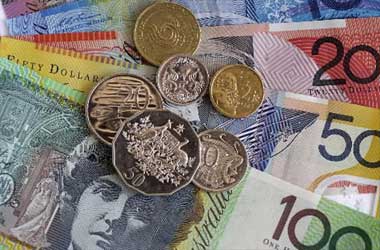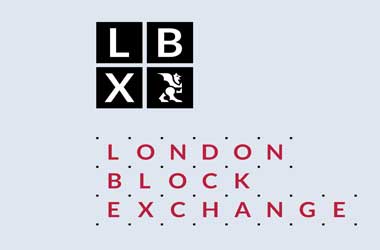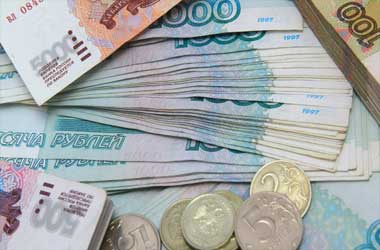 The Aussie rallied against the greenback to hit a high of 0.7330 against the backdrop of bullish stock markets and upbeat statement about the economy by Philip Lowe, the Reserve Bank of Australia’s Governor.
The Aussie rallied against the greenback to hit a high of 0.7330 against the backdrop of bullish stock markets and upbeat statement about the economy by Philip Lowe, the Reserve Bank of Australia’s Governor.
The antipodean currency also received upward thrust from the inking of the RCEP (Regional Comprehensive Economic Partnership) trade agreement that analysts believe will eventually avoid the rise of an all-out trade war between China and Australia and improve the outlook towards the Australian economy.
The Aussie began its uptrend against the greenback after the RBA Governor Philip Lowe informed the CEDA Annual Dinner that the country’s economy is on the course of recovery. The statement triggered doubts on whether the central bank will continue to offer monetary support to the economy.
Issuing optimistic view of the economy, Lowe said “2020 has been a year of great change and disruption. We are all talking about issues that few of us even contemplated at the start of the year. Australia is managing well in these challenging circumstances and I expect it to continue to do so. The pandemic has been difficult for many people and businesses, but we are now on the road to recovery.”
Nevertheless, Lowe’s optimistic view of Australia’s initiatives to the Covid-19 disease has come at a time when government officials representing the state of South Australia has stated that they are staring at a “dangerous situation” after 18 fresh coronavirus infections were reported, indicating that the virus is moving along an unforeseeable track.
The small number of infections is unlikely to result in stringent prohibitions that could affect the country’s economic activity and the Aussie. The pessimism created by the domestic news was overshadowed by the RCEP deal involving 15 countries, including Australia.
In particular, the association is made up of 10 Southeast Asian countries, in addition to South Korea, China, Japan, Australia and New Zealand.
The deal has resulted in the creation of the world’s largest trading bloc, representing almost a third of the global economy. Discussions over the RCEP deal started in 2012 and were eventually inked on Sunday on the backstairs of a congregation of the Association of Southeast Asian Nations (ASEAN).
Jane Foley, Senior FX Strategist at Rabobank, wrote about the pros and cons of the RCEP agreement.
“India’s absence in the pact has sparked disappointment for farmers in Australia who had hoped for a fresh export market. Despite fears of critics that the pact could be a Chinese Trojan horse allowing the world’s second largest economy greatest access to more markets, others argue that the deal will bind China to a multilateral, rules-based economic order.”
The inking of the agreement has come at a time of increasing political issues between Australia and China, which have caused a bulk of Australian agro exports get affected in the form of bans or adverse import duties in the last few months. Furthermore, worries over Australia’s coal (second largest) exports to China have increased as authorities have asked importers to avoid importing Australian coal.
Even though India has not joined, analysts believe that the agreement might tie up China to a law based system, which Australia believes would be positive and act as a cushion in case of trade threats.
Kit Juckes, Global Head of FX Strategy at Société Générale, has pointed the RCEP deal as the main reason for the bullish view towards the Aussie:
“There’s reason to be upbeat about the outlook for both AUD and NZD. A huge new free trade area is taking shape, and the least virus-stricken economies are back in business.”




